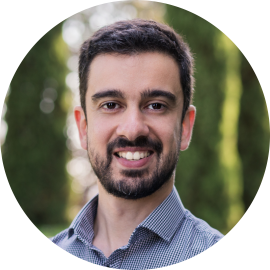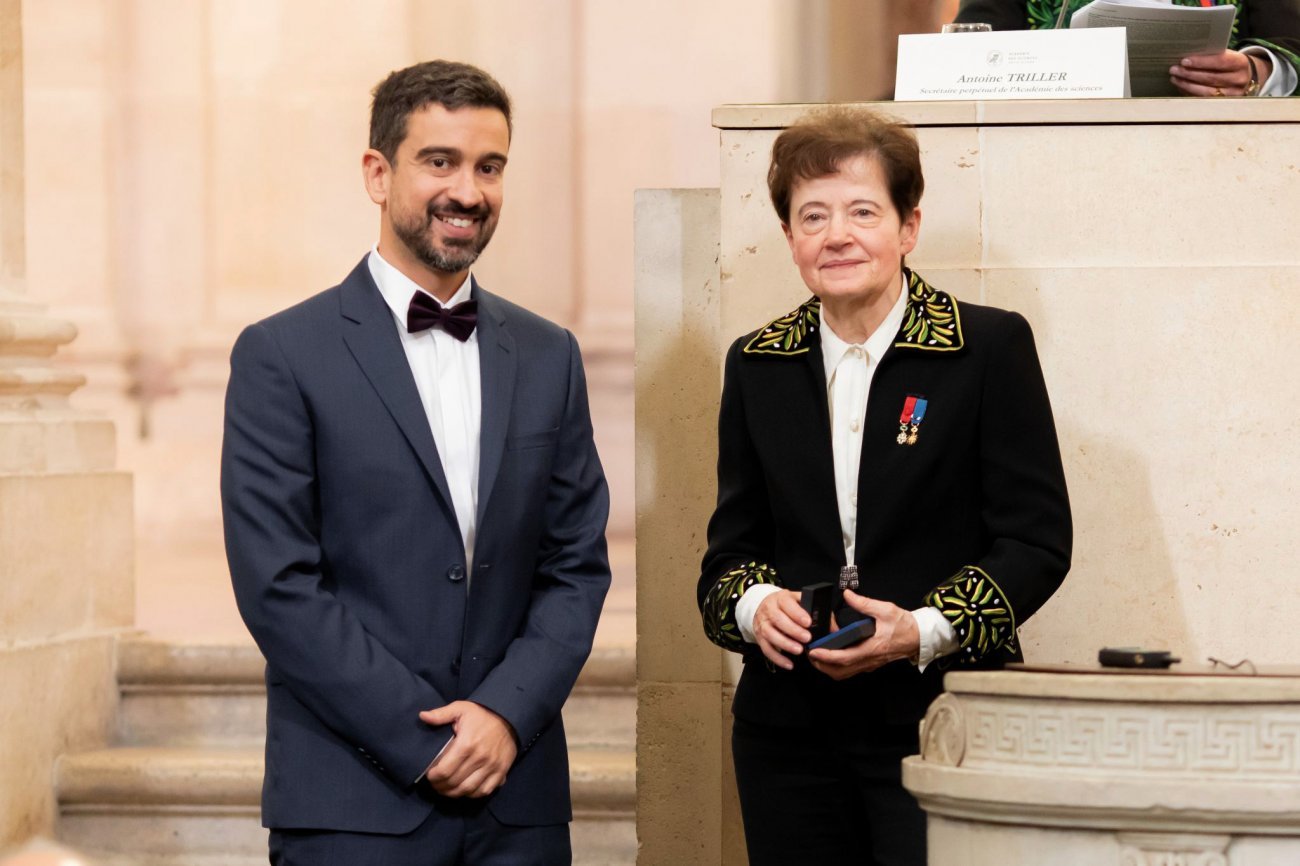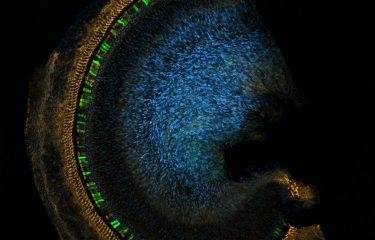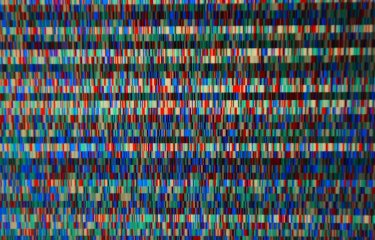« By analysing all the sequenced DNA available on Earth, we have ushered in a new era in health research.»
To navigate the labyrinth of genetic data, the head of the Algorithms for Biological Sequences Unit at Institut Pasteur has championed on bringing research computing to the heart of biology labs.
“My parents ran a small computer sales business – I was helping assemble them at eight years old and started programming in primary school, self-taught.”
Nevertheless, it was through mathematics preparatory classes that he made it to the École Nationale Supérieure in Rennes:
“I can’t help but mention my teacher, Mrs Chevallier, who helped me go that far.”
Passionate about maths and computer science, Rayan discovered biology during an internship on protein structure studies – chosen almost at random– and decided to specialise in DNA sequence analysis, a field producing vast amounts of data.

I’ve always wanted to do something useful and, ideally, have societal impact. In France, computing education has a strong mathematical tradition, often focused on theoretical problems – but the flip side is a certain detachment from practical applications like disease and health.
After a PhD and postdoc in the United States, Rayan joined CNRS in Lille in 2014. He later applied to Institut Pasteur to set up a fiveyear team supported by the INCEPTION programme, which promotes interdisciplinarity between computer science and infectious disease research.
The researcher is cautious about the term Artificial Intelligence: “Saying we do AI is often a misnomer – we use it, yes, but mainly to enhance our methods, not to contribute to AI development per se. For me, AI is a crucial tool to advance scientific goals. My aim is to explore the microbial world, not the world of AI itself.”
At 40, Rayan coordinates several national and European research projects developing new algorithms, particularly for analysing huge datasets. “Massive genetic data is opening a new era in biological and health research.” In 2022, he and his team catalogued all known RNA viruses and every version of coronavirus in global databases. In just two weeks of computing and a few months of analysis, they uncovered nearly ten times more new species than previously known. This work earned Rayan the 2023 Mme Victor Noury Prize from the French Academy of Sciences – and it’s far from his only accolade.

© DR - Presentation of the 2023 “Mme Victor Noury Prize” by the french academy of sciences.
The results have been made available to the scientific community and are already leading to the discovery of new viruses and previously unknown microbial species.





